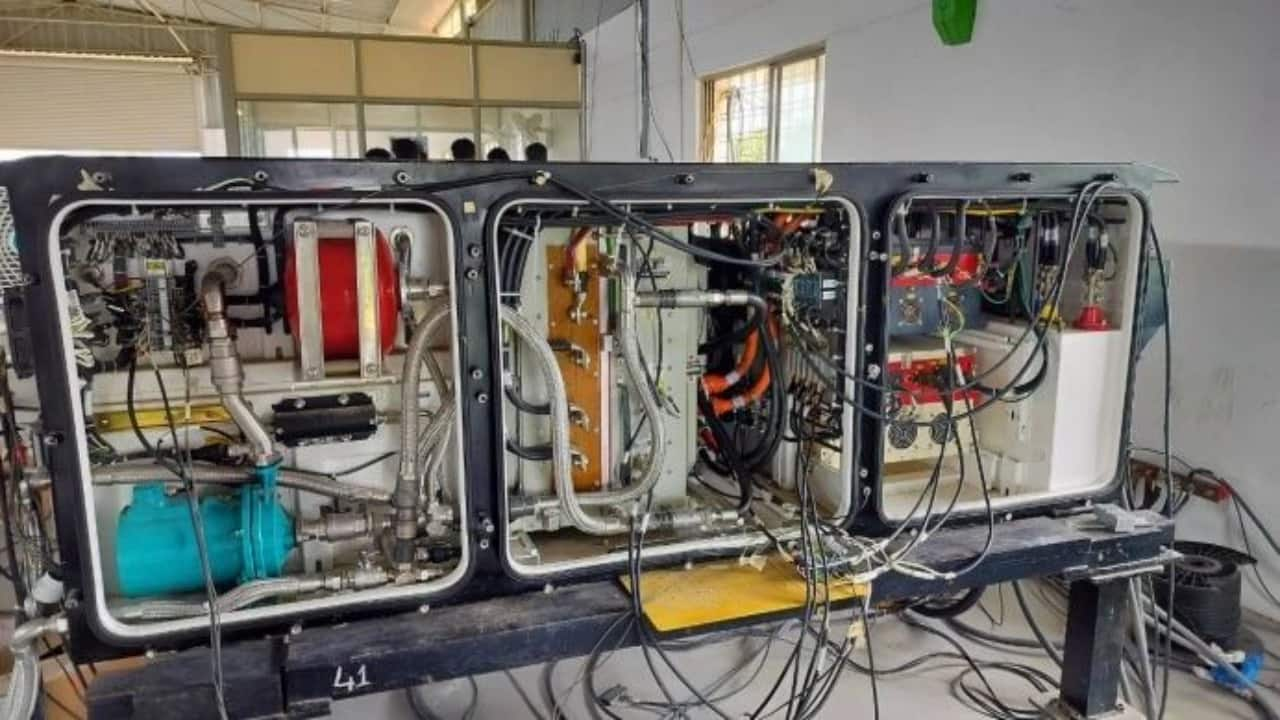India's Milestone: RDSO Completes Performance Test of First Hydrogen Train
Key Ideas
- The Research Designs & Standards Organisation (RDSO) has completed a crucial performance test of the fuel cell and battery systems for India's first hydrogen train.
- This achievement is a key step in India's efforts towards greener and more sustainable rail transport, ensuring operational readiness for the Jind-Sonipat section.
- Indian Railways plans to deploy 35 hydrogen trains under the "Hydrogen for Heritage" initiative, aiming to reduce carbon emissions and promote clean energy sources.
- Although initial costs are high, the long-term environmental benefits of hydrogen fuel make it an attractive option for achieving zero-carbon emission goals in the transportation sector.
The Research Designs & Standards Organisation (RDSO) in India has successfully completed a crucial performance test of the fuel cell and battery systems for India's first hydrogen train. This test, conducted to match the drive cycle simulation for the proposed Jind-Sonipat route, signifies the completion of the stationary testing phase for the Driving Motor Coach subassemblies. This development is a significant milestone in India's push towards greener and more sustainable rail transport. The successful test ensures that the fuel cell and battery systems are capable of meeting the operational demands of the Jind-Sonipat section, demonstrating readiness for future implementation.
In a statement last year, Railways Minister Ashwini Vaishnaw revealed Indian Railways' plans to introduce 35 hydrogen trains under the "Hydrogen for Heritage" initiative. Each train is estimated to cost around Rs 80 crore, with an additional Rs 70 crore allocated for ground infrastructure on heritage and hill routes. Moreover, a pilot project has been launched to retrofit existing Diesel Electric Multiple Unit (DEMU) rakes with hydrogen fuel cells, specifically for the Jind–Sonipat section of Northern Railway.
Despite the initial high operational costs associated with hydrogen fuel trains, the long-term environmental benefits they offer are significant. The use of hydrogen fuel aligns with zero-carbon emission goals and serves as a clean energy source, contributing to sustainability in the transportation sector. As more hydrogen trains are introduced, the costs are expected to decrease, making hydrogen-powered transport more economically viable and environmentally friendly.
